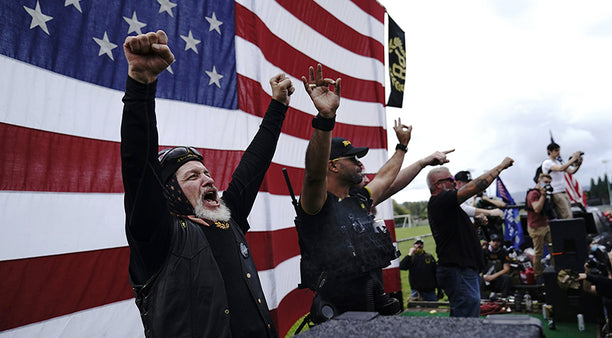
Trump and the radical right
Trump's engagement with the Radical Right began long before his incitement of the violence at the Capitol.

Trump's engagement with the Radical Right began long before his incitement of the violence at the Capitol.
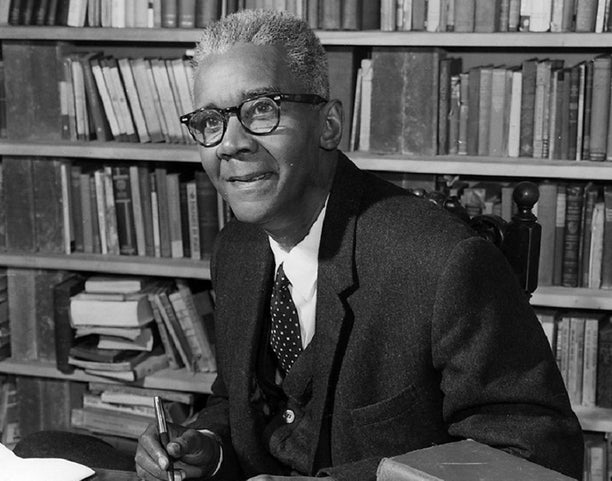
From its very beginning at the end of the eighteenth century, the Negro struggle for freedom and equality has been an international question. It would seem that the irrationality of the prejudice against Negroes breeds in revolutionary periods a corresponding intensity of loathing for its practitioners among the great masses of the people.
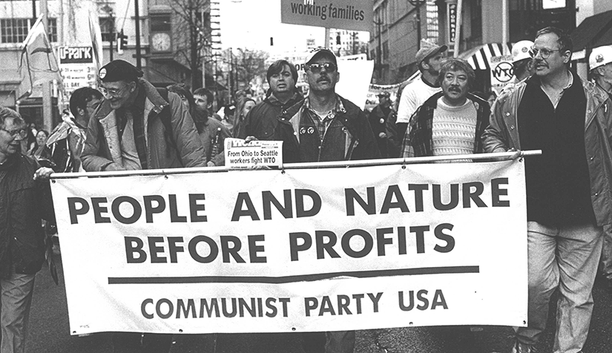
As protests work to remake the world, the reissue of Vivian Gornick’s The Romance of American Communism invites a new generation to reflect on what it means to live a life of political commitment—where the passionate pursuit of justice meets organized political action.
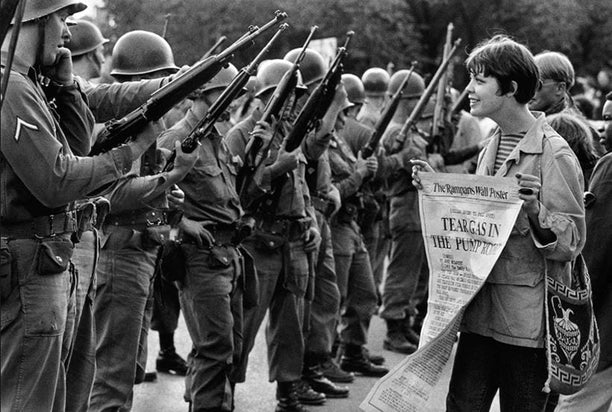
While delegates made their way to Chicago for the 1968 Democratic National Convention, tens of thousands of protesters were set to converge in the city for a week of civil disobedience. Protesters, passersby, and even residents out on their porches were beaten. The chasing, swinging, and clubbing was indiscriminate. Journalists, denied any special treatment, were battered and taunted, at times even targeted.
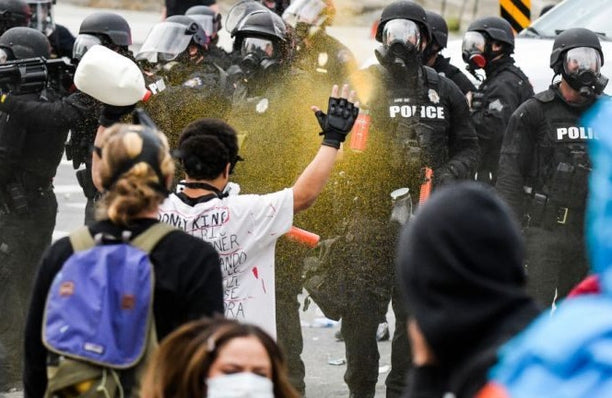
It took just 66 days to get from the first shelter-in-place order to the first riot. Joshua Clover writes on the current protests and riots that have sprung up across the United States in the wake of the murder of George Floyd in Minneapolis, and their context at a time of economic and social crisis.
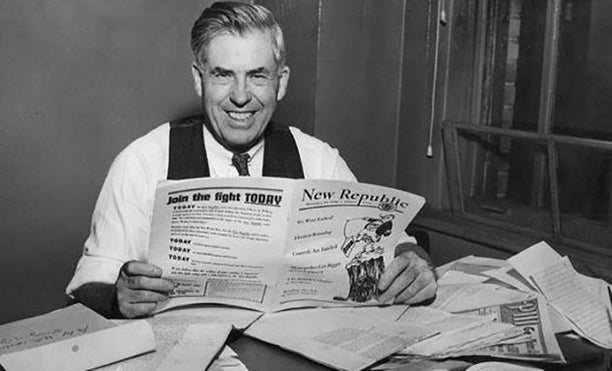
Henry Wallace was attacked and then dismissed because he proposed “a century of the common man and woman.” Almost eighty years of that century have passed since his dismissal, and his fight for the future is largely forgotten.

The Progressive International demands that this crisis should be the starting point of a new socialist internationalism. By Nihal El Aasar
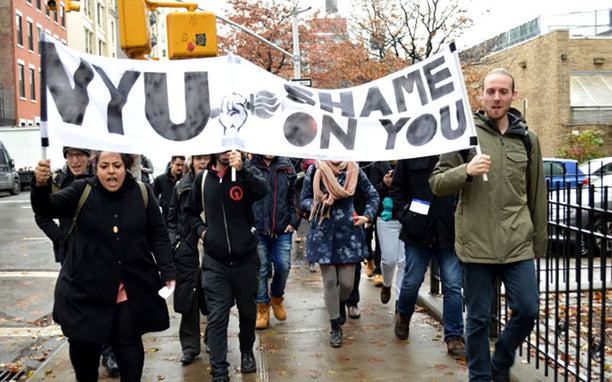
The #sickoutNYU collective demands that NYU administrators respond meaningfully to calls for COVID crisis support.
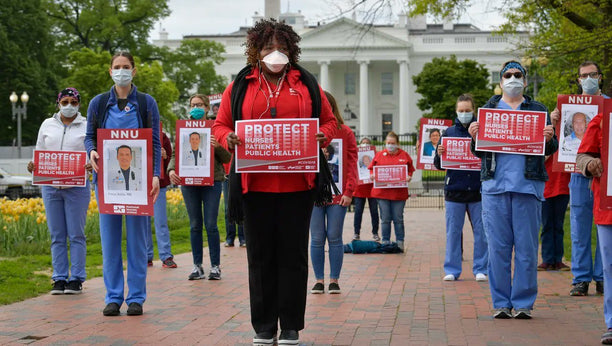
A reading list of US politics books on what to learn from the Bernie Sanders campaign, the legacy of Henry Wallace, the emotion driving members of the US Communist Party in the mid twentieth century and more.
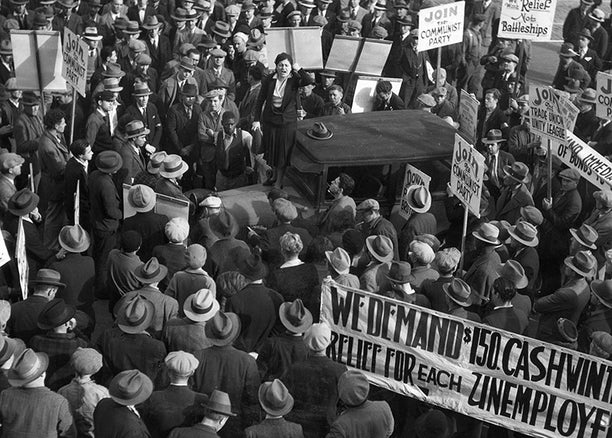
Today, the idea of socialism is peculiarly alive, especially among young people in the United States, in a way it has not been for decades. Socialists today must build their own, unaffiliated version of how to achieve a more just world, from the bottom up. It is my hope that Romance of American Communism, telling the story of how it was done some sixty or seventy years ago, can act as a guide to those similarly stirred today.
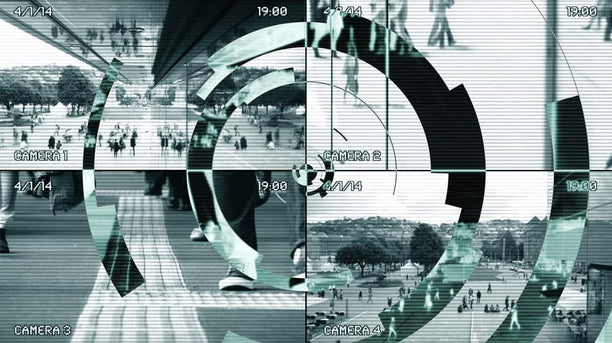
When shared between members of a civic-minded community, trust is the one thing that can keep state power in check — unless, of course, we allow ourselves to be manipulated by fear and, in the silence that follows, grow apart from one another.
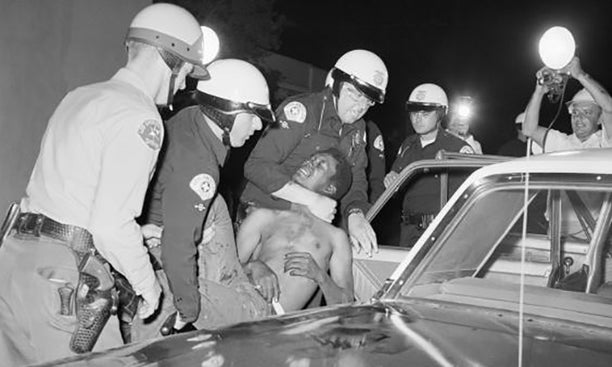
The lead-up to the Watts rebellion in 1965 and the findings of the Hard-Core Unemployment report published in December 1965 by two veteran researchers at UCLA’s Institute of Industrial Relations.